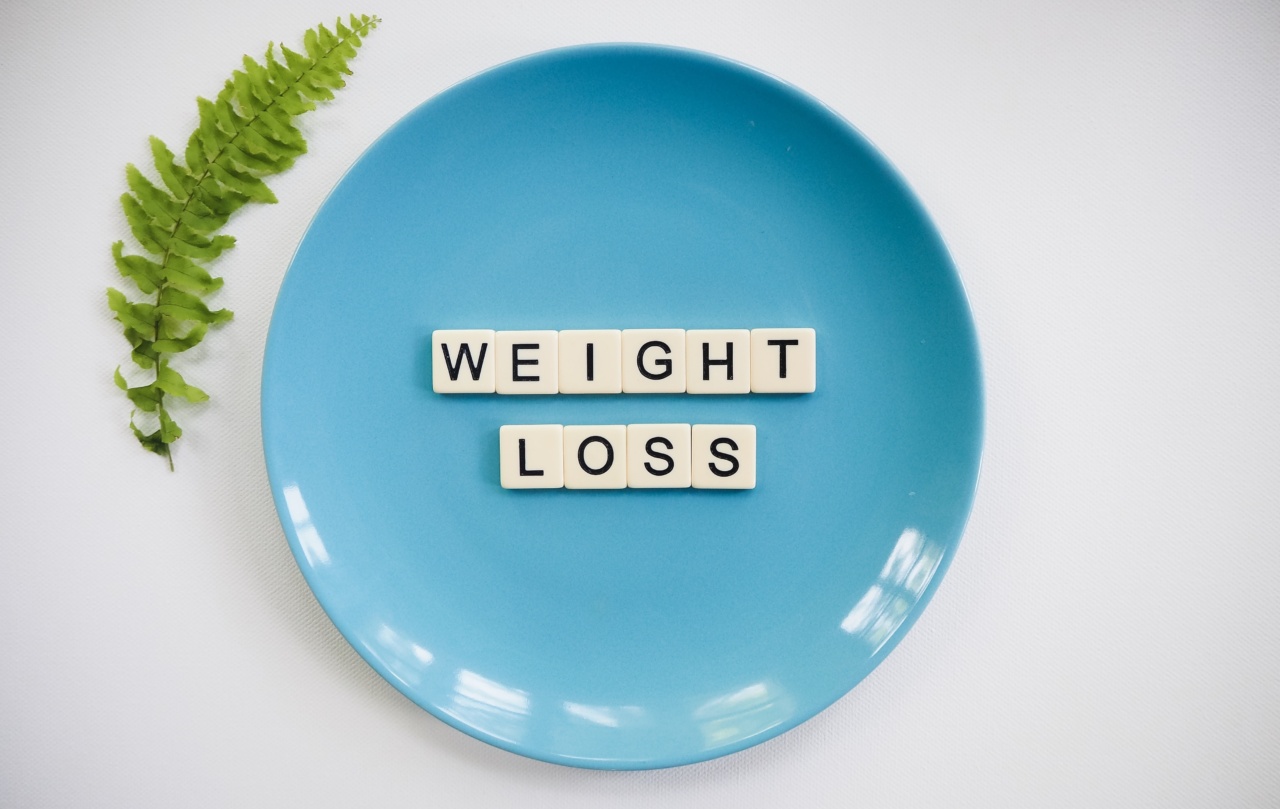Embarking on a weight loss journey can be both rewarding and challenging. It’s exciting to see those numbers on the scale drop, giving us a sense of progress and accomplishment.
However, many individuals notice that the initial pounds seem to melt away effortlessly while the later pounds tend to be more stubborn. Why is it that the first few pounds are always the easiest to lose on a diet? Let’s delve into the science and psychology behind this phenomenon.
The Law of Diminishing Returns
One way to explain why the first few pounds are the easiest to shed is through the concept of diminishing returns. In any endeavor, the initial efforts often yield the most significant results.
When we start a diet, our bodies are not accustomed to the changes in eating patterns and caloric deficits. As a result, the body quickly adjusts and responds to the calorie deficit, leading to rapid weight loss in the early stages. However, as we progress, our bodies adapt, and the rate at which we lose weight slows down.
Water Weight vs. Fat Loss
During the early stages of a diet, a significant portion of the weight lost is often attributed to water weight.
When we consume fewer calories and reduce our carbohydrate intake, our bodies burn through stored glycogen, which holds onto water molecules. As glycogen stores deplete, the body releases water, resulting in a noticeable drop in weight. However, it’s important to note that losing water weight does not equate to losing fat.
The subsequent weight loss after the initial drop in water weight may involve actual fat loss, which is generally a slower process.
Motivation and Willpower
The beginning of a weight loss journey is typically filled with high motivation and willpower. The excitement and determination to reach our goals push us to adhere strictly to our diets and exercise routines.
As a result, we are more likely to make better food choices, avoid temptations, and stay consistent. This initial burst of motivation plays a crucial role in creating a caloric deficit, which leads to weight loss.
However, as time passes, motivation may start to dwindle, making it harder to adhere strictly to the diet and maintain the same pace of weight loss.
Metabolic Adaptation
Our bodies are highly adaptable, and they quickly adjust to changes in energy intake. When we reduce our calorie intake for an extended period, our metabolism adapts to the deficit by slowing down in an effort to conserve energy.
This metabolic adaptation causes the rate at which we lose weight to decrease over time. The body becomes more efficient at utilizing the available energy, making it harder to maintain the same rate of weight loss as we did in the beginning.
Loss of Lean Muscle Mass
As we diet and consume fewer calories, our bodies may also start breaking down lean muscle mass for energy. This can lead to a decrease in muscle mass and a reduction in the overall metabolic rate.
Since muscle tissue burns more calories at rest compared to fat tissue, the loss of lean muscle mass slows down our metabolism, making it harder to continue losing weight at the same pace.
Psychological Factors
Psychological factors also contribute to the ease of losing the first few pounds. When we start a diet, the initial weight loss provides positive reinforcement and boosts our confidence.
This psychological boost helps us stay motivated and encourages us to continue our weight loss efforts. However, as the journey progresses and the weight loss becomes slower, it’s normal to experience moments of discouragement or frustration, which may diminish our motivation.
Plateaus and Body Adaptation
A common phenomenon during weight loss journeys is hitting a plateau. After experiencing steady weight loss, it’s not uncommon for progress to stall temporarily despite maintaining the same diet and exercise routine.
This plateau occurs as the body adapts to the new lower weight and settles into a new equilibrium. Breaking through plateaus often requires adjustments in our dietary and exercise strategies, as our bodies become more efficient and resistant to further weight loss.
Importance of Sustainability
While it may be disheartening to witness a slowdown in weight loss after the initial stages, it’s essential to remember that slow and steady progress is more sustainable in the long run.
Losing weight at a gradual pace allows our bodies to adapt, preventing severe metabolic slowdown, muscle loss, and other potential negative consequences. Sustainable weight loss involves a combination of a balanced diet, regular exercise, and realistic expectations.
Conclusion
The initial pounds lost during a diet often come off more easily due to various physiological and psychological factors.
Factors such as water weight loss, initial motivation, and metabolic adaptation play a role in the rapid weight loss observed at the beginning of a weight loss journey. As we progress, it’s normal for weight loss to slow down, requiring adjustments and ongoing commitment to reach our desired goals.
Understanding the reasons behind the ease of losing the first few pounds can help us stay motivated and maintain a realistic perspective on our weight loss journey.




























